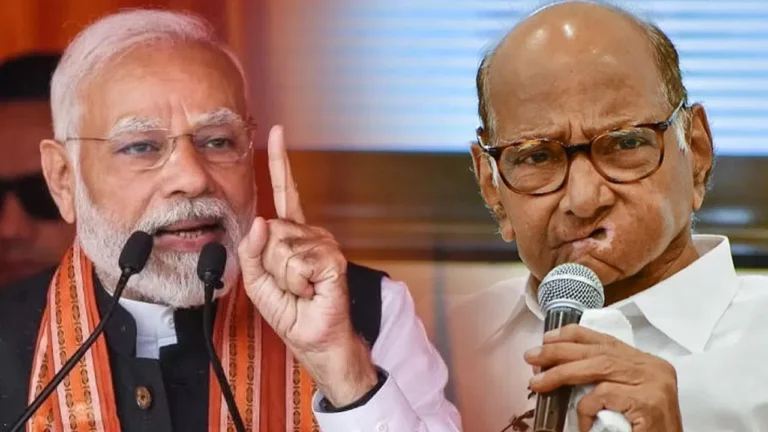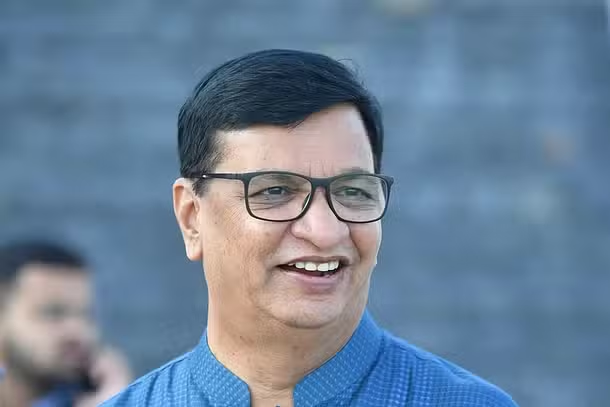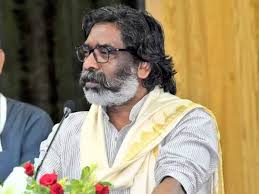MUMBAI: Maharashtra’s two main political alliances, the ruling Mahayuti and opposition Maha Vikas Aghadi (MVA), have nearly completed their seat-sharing arrangements ahead of the crucial assembly elections scheduled for November 20, 2024. While both coalitions have reached agreements for most constituencies, some seats remain under negotiation.
- Mahayuti’s Breakdown: BJP Takes the Lead
The BJP-led Mahayuti, comprising the Shiv Sena faction of Chief Minister Eknath Shinde and Ajit Pawar’s NCP, plans to contest about 260 out of the total 288 seats. The BJP will reportedly field candidates in 142 constituencies, with 66 seats allocated to the Shiv Sena (Shinde faction) and 52 seats to the NCP (Pawar faction). Talks are still ongoing to resolve disputes over 28 seats among coalition partners. Union Home Minister Amit Shah is expected to announce the final distribution soon, underscoring the coalition’s confidence in securing a strong mandate.
Also Read:- MNS announces candidates, will compete assembly elections independently
- MVA’s Seat Distribution: Congress Plays Key Role
In the opposition camp, the MVA, which includes the Congress, Uddhav Thackeray’s Shiv Sena (UBT), and Sharad Pawar’s NCP, has also reached a consensus on its seat-sharing strategy for most constituencies. Congress will likely contest around 110 to 120 seats, while the Shiv Sena (UBT) and NCP are expected to split the remaining seats almost evenly, each contesting around 80 to 90 seats. However, some disputes persist over 25 to 30 constituencies, with Congress state chief Nana Patole stating that any final decision will follow consultations with the party’s high command.
- Election Dynamics and Key Stakes
This election marks the first major electoral test for both coalitions following significant political realignments. The split within the Shiv Sena and NCP has added new dynamics to the contest. For the BJP, retaining dominance will be crucial, especially after accommodating the NCP faction led by Ajit Pawar. On the other hand, the MVA aims to recover from setbacks faced during the Lok Sabha elections, with Congress looking to build on its recent successes.
With Maharashtra voting on November 20 and results to be declared on November 23, both coalitions are leaving no stone unturned to finalize strategies and candidate lists in the coming days.
Also Read:- BJP Seeks Public Input for Election Manifesto Ahead of Maharashtra Assembly Polls










